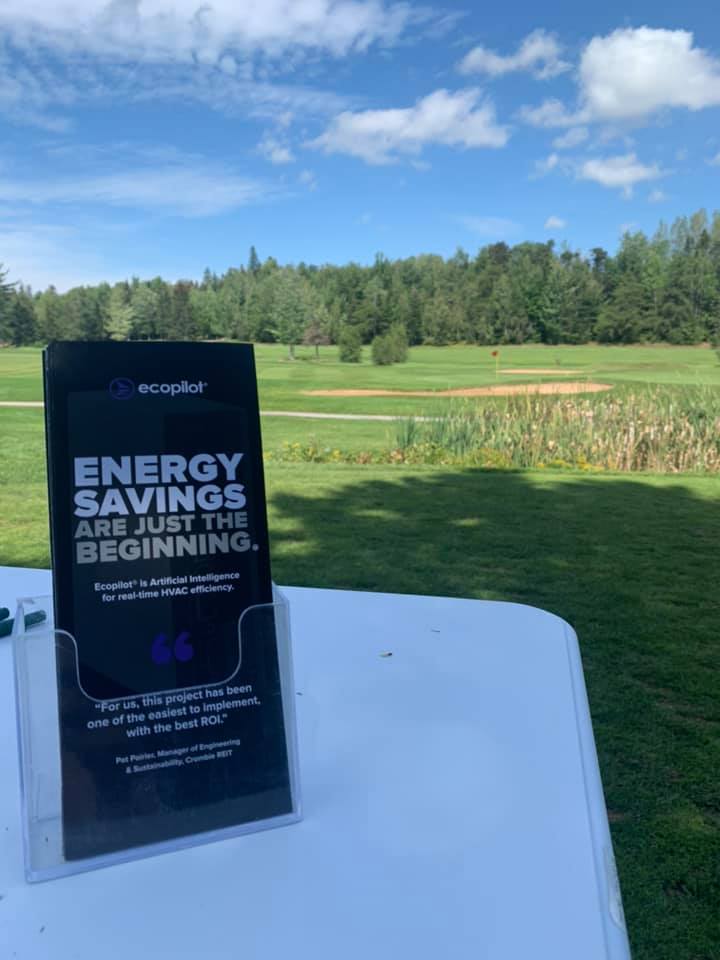Typical HVAC optimization projects offer small paybacks in as little as three years, with large savings beginning immediately after the project is complete. HVAC optimization is a comprehensive approach that involves building on proven systems and technologies to make the best use of existing resources to reduce operating costs and increase efficiency. In addition to easy, intuitive control, HVAC optimizers also offer integrated energy management and fault detection, which enable facilities operators to enhance operations without necessarily increasing head counts. Many HVAC projects are able to yield significant cost reductions, even when compared to traditionally implemented techniques, owing in part to the fact that the majority of HVAC equipment is rarely replaced, requiring only routine maintenance and servicing.
With the vast potential for HVAC optimizing new buildings, facilities administrators are constantly searching for cost-effective ways to save money on facility operations and maintenance. HVAC energy management systems to reduce air conditioning costs by lowering demand and offering proactive cooling, through both active and passive cooling, in order to maximize available cooling air in buildings while providing improved comfort. Improved comfort reduces worker fatigue and lowers overhead energy costs. Improved indoor air quality offers a host of health benefits for occupants, including better respiratory function, less workplace stress, and more productive, happier employees. All these advantages translate into higher productivity and increased profitability.
In addition to improving water quality through HVAC optimization, building owners can benefit from operational efficiency improvements, including energy reduction, more efficient operations, and cost reductions. Operational efficiency improvements often entail updated technology, including better heating, ventilating, and air conditioning (HVAC) equipment. Many HVAC optimization projects are initiated by facility operators, who typically initiate the project themselves and manage it throughout the life of the facility. Facility operators can make many HVAC investment decisions themselves, saving them time and money.

There are several other ways to optimize your heating and cooling costs, as well. For example, property managers can use HVAC optimization techniques while buying or remodeling a building. Improvements, whether done internally or through a professional HVAC contractor, can result in energy savings, which may offset or completely offset the additional cost of the HVAC upgrade. New buildings should be thoroughly evaluated for heating and cooling needs, and HVAC upgrades should be considered whenever possible.
Facility managers and air conditioning service technicians can also implement HVAC optimization techniques while improving overall facility operations. Managers can do this by improving HVAC service. Improving service can help increase worker productivity and improve efficiency. Service improvements can include unloading and loading, floor ventilation, air conditioning cleaning, humidification, dehumidification, ventilation, and more. Air conditioning technicians can provide services such as air handling, diagnostics, repair, and diagnosis, as well.
It is often difficult to determine whether or not an HVAC system is optimized. Since energy use varies throughout a facility, the energy use analysis for an HVAC system may be complicated. Nevertheless, it is still a good idea to have an energy management system (EMS) implemented in order to optimize the energy use of the HVAC. EMS allows facility managers to analyze the energy consumption of the HVAC and compare it to other facilities.
In particular, it is important to evaluate the energy costs of HVAC chillers in health care facilities. These chillers are often oversized and rely on an increased demand for cold air. Improved cooling technologies can reduce the demand on chillers, making them less oversized and enabling them to run at lower temperatures, which, in turn, will reduce energy use.
Energy management is very important for HVAC equipment. Without EMS, the system output will not be optimized, and the result will be increased energy use, reduced equipment efficiency, and an increase in operating costs. To maximize efficiency with an HVAC system, facility managers must implement energy use optimization (EEO). Implementing EEO will not only allow facility managers to determine the best systems, it will also enable them to offer cost-effective solutions that allow for energy management.
